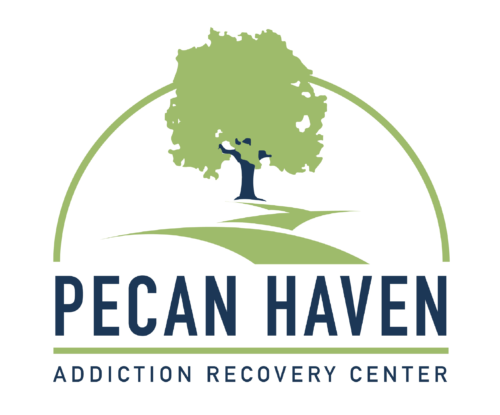The conversation about medical marijuana has changed drastically throughout the past few decades. Within recent years, it has gained significant public attention, and with that attention comes plenty of questions.
We believe it’s important to provide accurate information, shedding light on the subject to people seeking answers about what can be a complex topic.
What is medical marijuana?
Medical marijuana means use of the marijuana plant, or extracts from it, to treat specific medical conditions or alleviate symptoms. While recreational marijuana is used for its psychoactive effects, medical marijuana is administered under the supervision of a healthcare professional in order to address health concerns and enjoy its therapeutic qualities.
How do people consume medical marijuana?
Medical marijuana can be administered in many different ways. Although smoking it is perhaps the method that most people think of in relation to marijuana, it can also be vaporized, eaten (in marijuana-infused foods, like gummies), consumed as a tincture (taken orally or sublingually), or used as a topical cream or balm on the surface of the skin.
What are some conditions treated with medical marijuana?
The potential therapeutic qualities that medical marijuana possesses span a wide range of issues.
Chronic pain
Medical marijuana can be used to treat chronic pain issues, like arthritis or neuropathic pain.
Epilepsy
Some CBD-based medications are used to reduce seizures in individuals with certain forms of epilepsy.
Nausea and vomiting
For people experiencing nausea due to chemotherapy or other medical treatments and conditions, medical marijuana can be used to alleviate nausea and even improve or restore patients’ appetites.
Is medical marijuana legal?
The legality of medical marijuana varies between countries and states. In the United States, medical marijuana is legal in many states, but remains illegal at the federal level. Each jurisdiction has its own requirements for obtaining and using medical marijuana, so if you’re thinking about using it, be sure to fully understand the laws in your area to avoid potential legal issues.
What are some of the potential risks when using medical marijuana?
Some side effects are common, including dizziness, dry mouth, and cognitive impairment. THC, while helpful in alleviating symptoms, is psychoactive– which means that it should be used with caution.
Legal and regulatory issues are also a potential problem. Laws surrounding marijuana use are seemingly always changing, and as a result, the industry has major gaps in regulation– meaning that quality can be inconsistent.
Should I use medical marijuana?
Only your doctor can answer this question for you. Be sure to consult with a qualified healthcare professional about whether medical marijuana is a suitable treatment for your specific medical condition.
As for people who struggle with addiction or are in recovery from addiction, the subject of marijuana use is a tricky one. Some believe that even medical use of marijuana is unacceptable, but some believe that it’s permissible if used responsibly. Just like any substance, there’s a risk of dependence or abuse, although it’s lower with marijuana than many other substances.
If you’re currently struggling with addiction, Pecan Haven is here to help. Give us a call or fill out our online assessment today to get started on the road to recovery.
